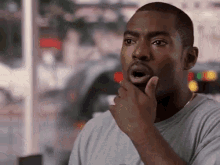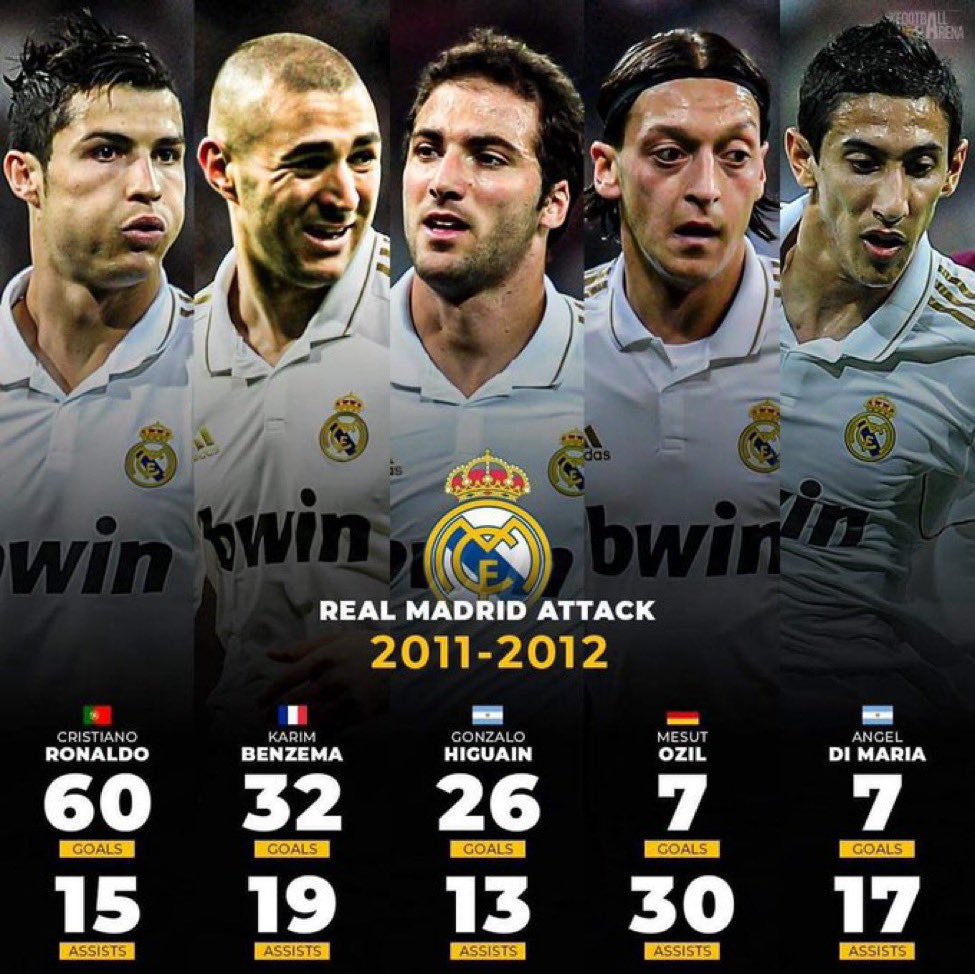From next season, Call them Real Negroes.
Commentator "athletic", "physical","strong" code words adjectives are gonna be crazy

From next season, Call them Real Negroes.

My Man went against Juve and Milan and realised there are levels to drug abuse
In May 2001, Barcelona's Dutch player, Frank De Boer, tested positive in a match between Celta de Vigo and Barça. UEFA sanctioned him with several months of suspension. His nandrolone level was up to eight times higher than allowed.
All eyes pointed to the then doctor and nutritionist of the blue and garnet team, Dr. Ramón Segura, known for his "magic shakes."
The doctor of FC Barcelona was also the personal nutritionist of the then player of Brescia, Pep Guardiola. They had a close relationship. Just a few months after Frank De Boer's positive test, the Catalan player from the Italian team also tested positive for nandrolone in two different matches.
The specialist in "magic shakes" found himself implicated in two doping cases in less than 12 months.
A few years later, when Pep Guardiola took over as coach of Barcelona's first team, he requested the return of Dr. Ramón Segura as the nutritionist and doctor of the first team. The Catalan team signed the controversial doctor.
"Until 2013, the Spanish Football Federation did not conduct blood doping tests, the only method to detect EPO or growth hormones. They only conducted urine tests."
The Catalan team displayed great physical performance, with tremendous pressure as soon as they lost the ball and throughout the match. A considerable physical improvement was also noticed in some players, like Messi, who didn't suffer a single muscle injury during the Guardiola era.
From June 17, 2008, when Guardiola signed with the first team, until May 25, 2012, Lionel Messi never visited the infirmary due to muscular problems. Before the arrival of the Catalan coach, Messi suffered up to 6 injuries in two years.
After Guardiola left, Messi got injured again in March 2013.
"Lionel Messi never visited the infirmary during Guardiola's 4-year tenure due to muscular problems. Growth hormones significantly increase athletes' speed and strengthen their muscles."
Pep Guardiola was appointed as the coach of the first team in June 2008 and left the Catalan team in May 2012.
The only injury Lionel Messi suffered was in September 2010, against Atlético de Madrid, after a terrible tackle from Ujfalusi.
The Barça player was injured for seven days, missing the only two matches due to injury during the four years of the Guardiola era.
The Barça player recovered miraculously.
Messi's average injuries, discounting the years he coincided with the Catalan coach, are two muscle injuries per season.
Remember that the Argentine star underwent growth hormone treatment since his adolescence, a banned substance in professional sports. Some sources claim that Lionel Messi still takes this substance, which causes his repeated vomiting.
During Guardiola's years at Barça, the Spanish Football Federation did not conduct blood doping tests, the only method to detect EPO or growth hormones. They only conducted urine doping tests.
Only UEFA conducted blood doping tests. Curiously, in 2010, Barça avoided two UEFA blood doping tests.
According to an investigation by Cope in 2011, several players close to Guardiola, including Messi, appeared on the injured list, avoiding UEFA blood doping tests. Messi, for example, miraculously recovered from his "injury" the next day.

If there is a modicum of truth behind this, Jose Mourinho has been vindicated. That Barca team from 09-12 were superhuman. The fact he won La Liga with Real during that period speaks volumes.
My view on all this is, there’s illegal stuff the players are allowed to take, which authorities turn a blind eye to, but they come after you if you take it a step further.
With the number of games and money involved, there’s no way these men are being made to play all natural. There’s doping in every sport
There’s no way Modric was playing three 120 minute games in 11 days during the 2018 World Cup, apparently Rakitic was also down with illness at that time, and still played every single game.
There’s also a reason why Ramos took a long ass shower in 2018 when the people came looking to test him.
With what we know about Messi’s early struggles, there’s no way he just grew into an injury proof player


 ) for Real during 16/17.
) for Real during 16/17.

People’s individual bias will always come in during such discussions.Lol at thinking only Barça doped. 1990s-early 2010s spanish sport as a whole is fulled with doping fukkery. You really just need to read about the Puerto case and you'll see it'll also concern Real, Valencia and Barça.
As a matter of fact, likely all countries were on that but some had better research that is all. It is known that Italian teams were on top of that in the 90s. Likely Deschamps and Zidane were on EPO when they were Juventini.
Italian and Spanish doctors were simply the "best" at it at the time.

Doesnt he make like a million a week?De Jong rumours popping up again.

